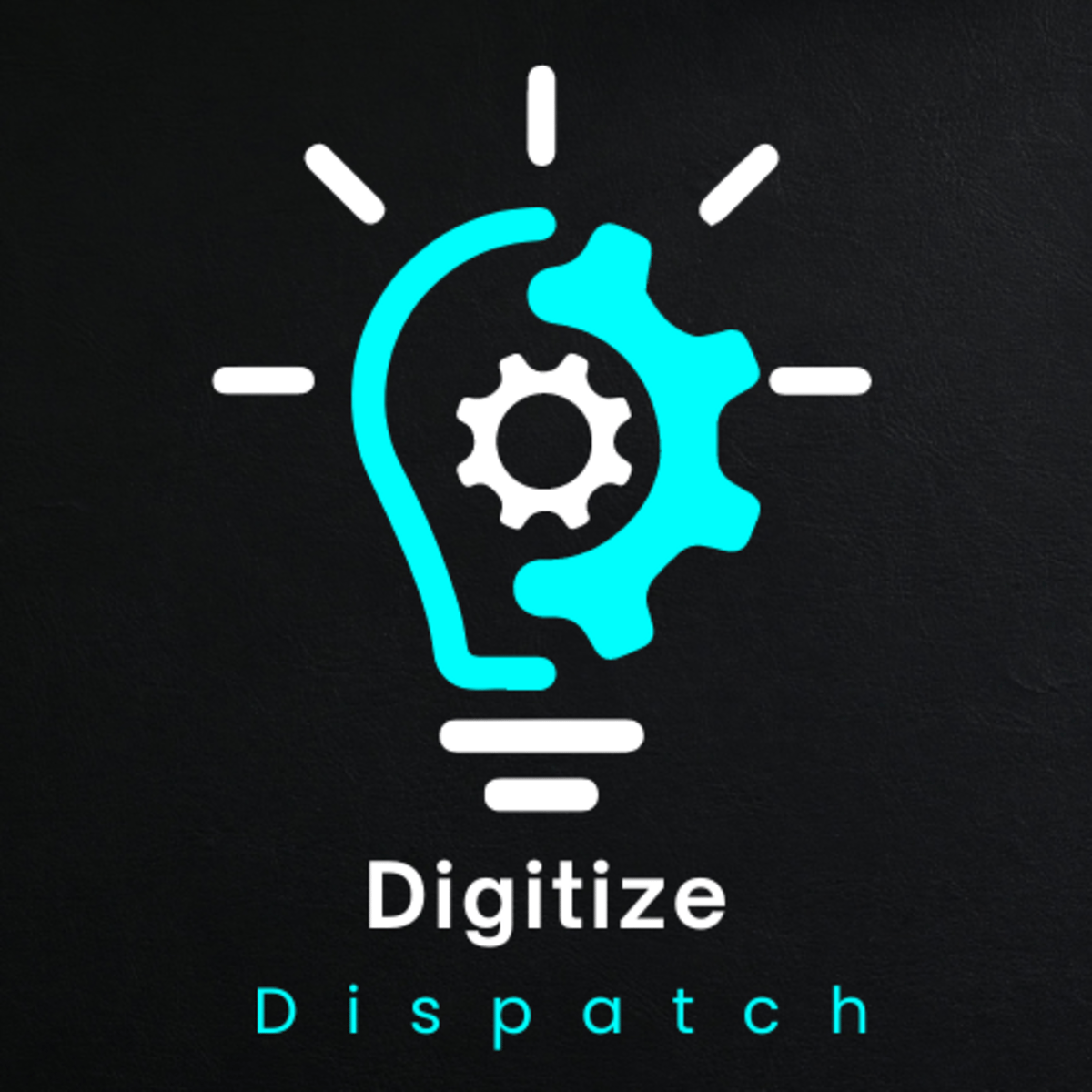
🔎 The Latest on the AI Frontier:
OpenAI Launches Open-Source Customer Service Agent Framework
xAI Tests Screen Sharing Feature for Grok's Voice Mode
Midjourney Debuts AI Video Generation with V1 Model
MIT Study Shows AI Chatbots Reduce Brain Activity and Learning
Advanced AI Reasoning Models Create 50x Higher Carbon Emissions
Other news you might find interesting
Join over 4 million Americans who start their day with 1440 – your daily digest for unbiased, fact-centric news. From politics to sports, we cover it all by analyzing over 100 sources. Our concise, 5-minute read lands in your inbox each morning at no cost. Experience news without the noise; let 1440 help you make up your own mind. Sign up now and invite your friends and family to be part of the informed.
🛠️ OpenAI releases open-source Customer Service Agent framework to help developers build enterprise-ready AI agents with specialized routing and safety controls.
The framework demonstrates how to route airline customer requests between specialized agents (Seat Booking, Flight Status, Cancellation, FAQ) while implementing guardrails that block irrelevant queries and prevent prompt injection attacks.
Released under MIT License on Hugging Face, the demo includes both Python backend and Next.js frontend, allowing developers to customize and deploy the code for free in commercial applications.
This builds on OpenAI's 32-page "Practical Guide to Building Agents" and supports their enterprise strategy, with real-world results showing 35% faster invoice resolution at companies like Stripe and Box.
📱 xAI tests screen sharing capability for Grok's web voice mode, adding a camera button that allows users to share their screen with the AI assistant.
The screen sharing feature is currently non-functional as Grok cannot yet process or "see" the shared screen content, indicating this is an early development phase requiring additional iterations before full implementation.
Two new X search capabilities are being tested internally: keyword search and semantic search on X, building on Grok's existing API access to provide more refined and context-aware search operations within the platform.
These developments position Grok for unique capabilities in the AI assistant space, particularly for users working with live web content and social media data, though the long-awaited Grok 3.5 release remains without an official timeline.
🎬 Midjourney enters the AI video market with V1 model, offering 20 million subscribers the ability to create 5 to 20-second clips from still images.
The model generates four 5-second clips from any image (generated or uploaded) with low or high motion modes, extendable in 5-second increments up to 20 seconds total, costing roughly 8 image credits with pricing starting at $10 monthly.
V1 lacks audio and caps at 1080p/20 seconds, trailing competitors like Runway Gen-4 and OpenAI's Sora in scope, though it undercuts many rivals on cost while maintaining coherence from Midjourney V6.1.
The San Francisco lab, which earned $300 million in 2024 from its Discord-based service, positions V1 as a stepping stone toward a future "world model" for creating explorable 3D scenes, despite facing a Disney-Universal copyright lawsuit over training data.
🧠 MIT research reveals AI chatbot usage significantly reduces brain activity and learning retention, with LLM users showing up to 55% less neural connectivity compared to unassisted writing.
EEG studies of college students found that those using GPT-4o exhibited the weakest brain coupling and performed worse on recall tests and perceived ownership of their work across all levels compared to students writing without assistance.
When AI support was removed in later sessions, participants originally relying on LLMs performed poorly using their own cognitive processes, while the brain-only group showed increased connectivity when later given AI access on familiar topics.
The findings suggest AI use early in learning may cause "shallow encoding" and poor fact retention, with researchers recommending delaying AI integration until learners engage in sufficient self-driven cognitive effort to maintain intellectual independence and critical thinking skills.
🌍 Advanced AI reasoning models generate up to 50 times more CO₂ emissions than standard LLMs when answering the same questions, revealing a significant environmental cost for accuracy.
Reasoning models like Anthropic's Claude, OpenAI's o3, and DeepSeek's R1 produce an average of 543.5 tokens per question compared to just 37.7 tokens for concise models, with complex reasoning tasks in algebra or philosophy causing emissions to spike 6 times higher than simple queries.
The most accurate 72 billion parameter Cogito model achieved 84.9% accuracy but released 3 times more CO₂ than similarly sized concise models, while no model keeping emissions below 500 grams of CO₂ achieved higher than 80% accuracy on benchmark questions.
To answer 60,000 questions, DeepSeek's R1 model would produce CO₂ equivalent to a round-trip flight between New York and London, though more efficient models like Alibaba's Qwen 2.5 can achieve similar accuracy with one-third the emissions, highlighting the need for strategic AI deployment decisions.
More news you might find interesting:
OpenAI winds down its partnership with Scale AI as Meta invests $14.3 billion for a 49% stake in the data preparation startup, triggering a reshuffling of AI industry relationships.
Google launches Search Live feature with voice conversations, allowing users to have back-and-forth AI-powered discussions through its mobile app in the US.
Microsoft research exposes the "infinite workday" reality where workers receive 154 Teams messages and 117 emails daily, with productivity constantly interrupted every 2 minutes.
Apple explores using generative AI to accelerate custom chip design processes, with hardware chief Johny Srouji highlighting AI's potential for significant productivity gains.
Enterprises face growing complexity in managing multiple AI agents, driving demand for robust orchestration frameworks to coordinate systems and workflows.
Agentic AI transforms enterprise security and observability by enabling autonomous reasoning and action at machine speed, shifting IT teams from reactive to proactive operations.
Adobe launches Firefly mobile app globally, bringing its generative AI suite to iOS and Android with text-to-image and video creation capabilities.
Iran experiences near-total internet blackout with 97% traffic drop amid escalating military conflict with Israel, raising concerns about civilian communications and information access.
Have any feedback? Send us an email



